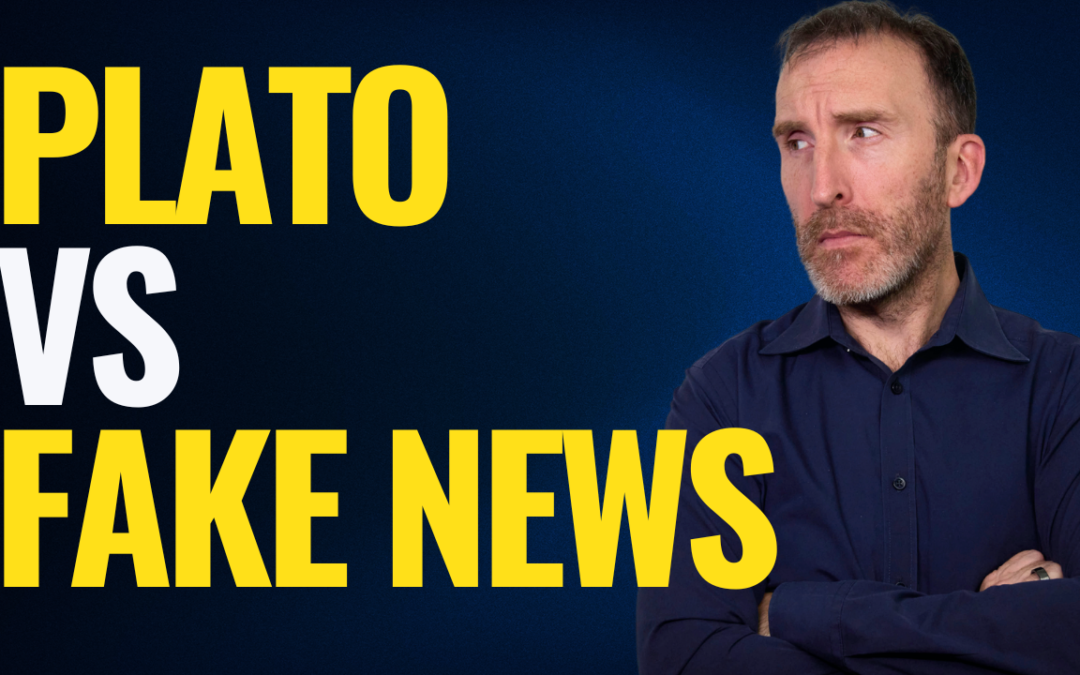Mental models are frameworks or ideas that enhance decision-making, problem-solving, and overall thinking.
Thought leaders Mentioned:
Chris Williamson, George Mack, Shane Parish, Alex Hormozi, Dr. Richard Bandler, Naval Ravikant, Nassim Nicholas Taleb, Charlie Munger, Warren Buffett, Rob Henderson, and more.
- The Notion of Luxury Beliefs
- These are beliefs held by those in a position of luxury, which do not affect them negatively but can impact less privileged individuals.
- Present Bias or Hyperbolic Discounting
- The tendency to overvalue immediate rewards and undervalue future benefits.
- Outcome-Based Communication
- Focus on the desired outcome of communication, ensuring it drives the recipient to take the desired action and feel the intended emotions.
- Second Order Thinking
- Consider the consequences of decisions and the consequences of those consequences, thinking multiple steps ahead.
- The Law of Identity
- Changing self-belief can alter actions, and changing actions can shift self-belief.
- Opinion Noise
- Recognize that the loudness or prevalence of opinions does not equate to their accuracy or truth.
- Probabilistic Thinking
- Make decisions based on the probability of different outcomes, rather than certainties.
- Investment Certainty
- Evaluate the certainty of a decision by considering how much you would bet on it.
- Environmental Hacking
- Alter your environment to make desired behaviors easier to adopt and maintain.
- The Principle of False Authority
- Question the expertise of individuals, especially when they speak outside their field of expertise.
- Business Indigestion vs. Starvation
- Businesses often fail due to taking on too much (indigestion) rather than a lack of resources (starvation).
- Sunk Cost Fallacy
- Avoid continuing a failing project just because of the invested time and resources.
- Availability Heuristic
- Judgments are often influenced by what is most easily recalled, not necessarily what is most accurate.
- Circle of Competence
- Stay within areas of deep expertise to ensure credibility and competence.
- The Law of Diminishing Returns
- Additional investments yield progressively smaller returns after a certain point.
- Embracing the Law of Subtraction
- Sometimes removing elements from your life can lead to greater satisfaction and efficiency.
- The Paradox of Certainty
- Those who are most certain are often the least accurate; real experts recognize nuance and uncertainty.
- The Law of Learned Experience
- Valuable experience comes from diverse and challenging situations, not repetitive actions.
- The Map is Not the Territory
- Our perceptions (maps) of reality (territory) are subjective and can be altered for better outcomes.
- The Law of Contextual Dependence
- The effectiveness of actions and decisions often depends on the specific context.
- Identifying Ideological Blind Spots
- Recognize that believing oneself to be non-ideological can itself be an ideological blind spot.
- Real vs. Imaginary Problems
- Distinguish between real problems that require action and imaginary ones that stem from unfounded fears.
- Decision Hygiene and Resulting
- Focus on the decision-making process rather than just the outcomes; avoid equating good results with good decisions.
- Hanlon’s Razor: Stupidity Over Malice
- Never attribute to malice that which can be adequately explained by stupidity.
- Life as an attention war
- There are various forces vying for our focus. It’s essential to guard our attention and direct it towards beneficial activities and information.
Podcast: Play in new window | Download







